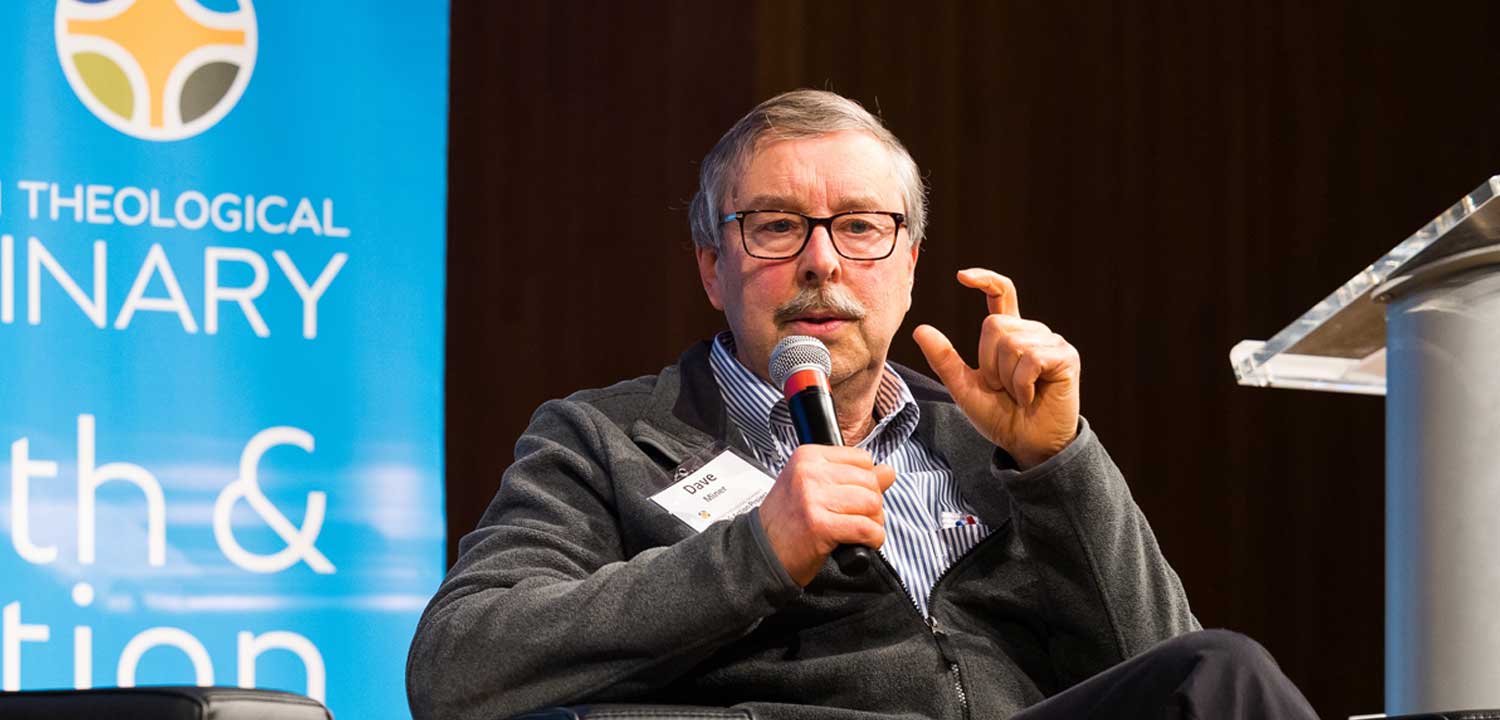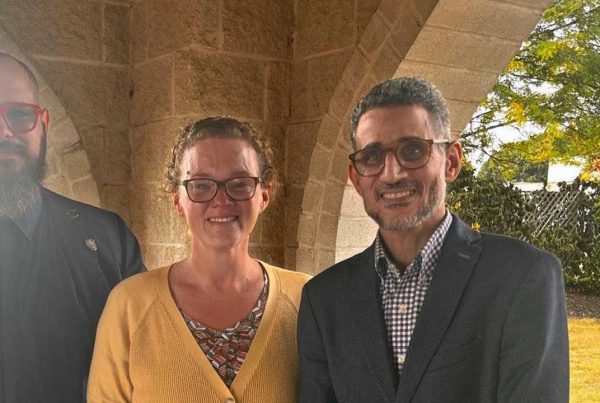Working and Poor.
Working and Poor: The notion of these combined adjectives has plagued CTS Trustee and community organizer Dave Miner for years. Now he’s working to make those terms mutually exclusive.
This odyssey started when Dave visited a local food pantry and, while talking with a volunteer, saw three people enter wearing the logo of a well-known Indianapolis company. “I thought how cool that they were there to volunteer, but then I realized they were coming to get food,” he says. “It’s not right that people working a full-time job should have to stop at a food pantry to feed their families.”
This dilemma has been reinforced for Dave through his work with the Indy Hunger Network to ensure that no child in Indianapolis goes hungry. Although the hunger network was largely able to meet the need for food assistance (even during the pandemic), the number of people needing assistance has not declined, even during recent periods of record-low unemployment.
This showed Dave that while the community is feeding people, we are not making them food secure. He also learned how food insecurity directly correlates to other societal challenges, including poor nutrition, worsening public safety, increased healthcare costs, poor educational outcomes, decreased worker productivity and more.
Clearly, we needed something more. We needed a movement to create a culture in which working individuals make enough to support themselves and their families.
Today Dave serves as the steering committee chair of The Good Wages Initiative (GWI), which certifies, celebrates, and showcases Marion County employers committed to providing full-time employees with a wage of at least $18 an hour and health insurance benefits.
At the 2023 Faith & Action Spring Conference, Dave discussed why he believes wage increases are needed. As context, he explained that most of the families who find it necessary to rely on food assistance are working, sometimes even working two or more jobs. Suggesting that attendees watch and discuss the documentary The Working Hungry to learn about families who struggle to survive despite employment, he also encouraged attendees to examine their own workplaces to ensure they provide a living wage. It could be an eye-opening exercise, he said, adding that he has talked with many leaders and CEOs who have no idea what they pay their lowest-level employees.
Further, Dave called on organizations and congregations who seek to address economic inequities and reduce the number of families living in poverty to have as one of their actions a commitment to paying a living wage and join the roster of 75 area employers who are Good Wages Certified.
Dave hopes the Good Wages Initiative can drive essential change in Central Indiana. Efforts to raise the national minimum wage have been mired for years – the last major proposal would have raised the minimum wage to $15 over a five-year period – and Indiana’s base wage has held at $7.25 since 2009. GWI asserts that the minimum livable wage is $18 an hour, a level which was identified prior to our current spate of inflation, and that is only sufficient if a worker also receives employer-sponsored health care.
In addition to urging employers to commit to livable wages, Dave would like to see legislative changes that would ensure livable wages for all. Still, he sees this effort as being about something more meaningful than laws and economics. He sees it as a matter of injustice that, he said, “I am sure grieves God’s heart deeply.”
(To view The Working Hungry documentary, go to https://vimeo.com/765731080. For a list of showings with moderated discussions – as well as information about support for showings by your organization or congregations – go to https://www.indyhunger.org/workinghungry.)





